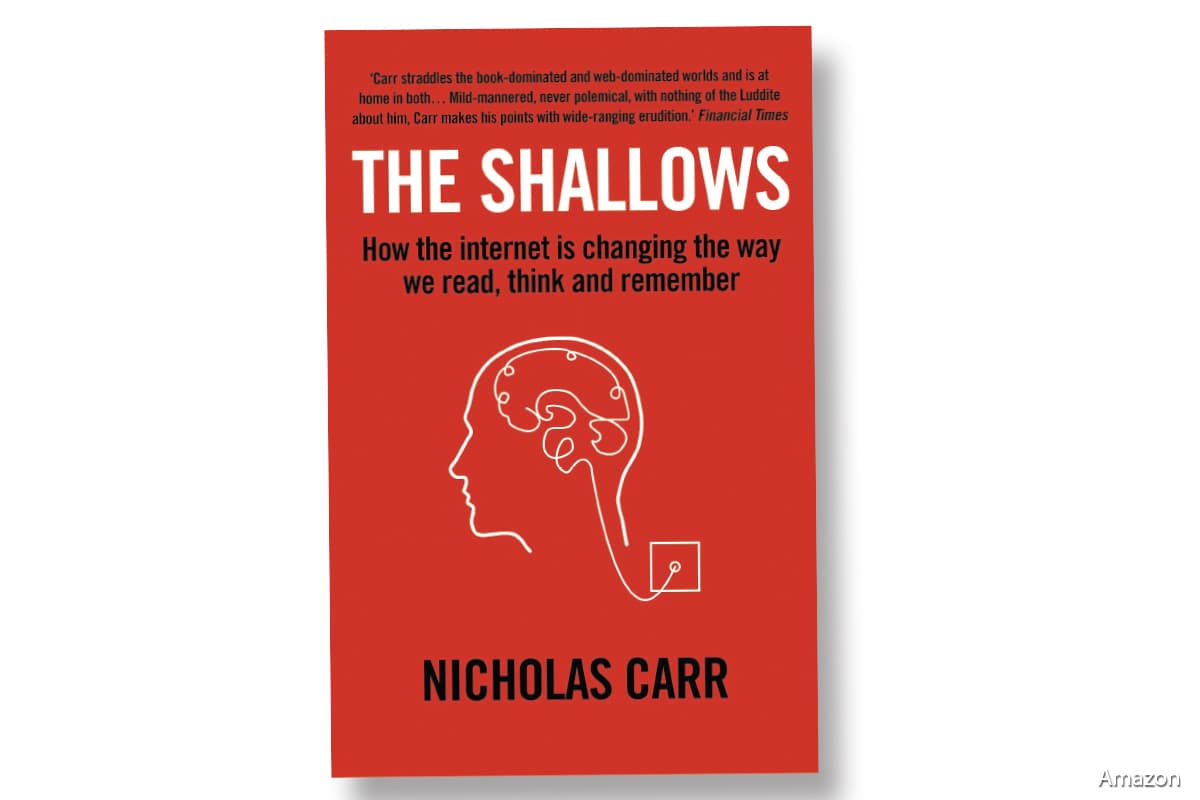
This article first appeared in Digital Edge, The Edge Malaysia Weekly on March 8, 2021 - March 14, 2021
The internet is a large part of our lives nowadays. It can be hard to discover just how significantly it is impacting our behaviours and thought patterns.
A few years ago, I came to the scary realisation that I was outsourcing my memory to the internet. There were things that I chose not to remember because I knew I could just google them. These included friends’ birthdays, as Facebook would always send reminders.
My worst habit was relying on Waze for all my navigation needs. One day, though, my phone’s GPS went haywire and after that, I kept getting lost.
Growing up with the internet, I am part of the generation that poured out our teenage angst on BlogSpot and Friendster, before moving to Facebook and Instagram. When there was something I didn’t know, I would just grab my phone and google it.
But then I started to wonder: If I’m not using my brain to store information, what am I using it for? I found myself becoming forgetful — was I becoming less intelligent?
A few months ago, I read a book called The Shallows: How the internet is changing the way we read, think and remember by Nicholas Carr.
Carr wrote the book because he was facing a similar dilemma. “What the Net seems to be doing is chipping away my capacity for concentration and contemplation. Whether I’m online or not, my mind now expects to take in information the way the Net distributes it: in a swiftly moving stream of particles. Once, I was a scuba diver in [a] sea of words. Now, I zip along the surface like a guy on a jet ski,” he says.
He scoured scientific studies and spoke to researchers. Here are two conclusions he arrived at that strongly resonate with me:
Save by subscribing to us for your print and/or digital copy.
P/S: The Edge is also available on Apple's AppStore and Androids' Google Play.
